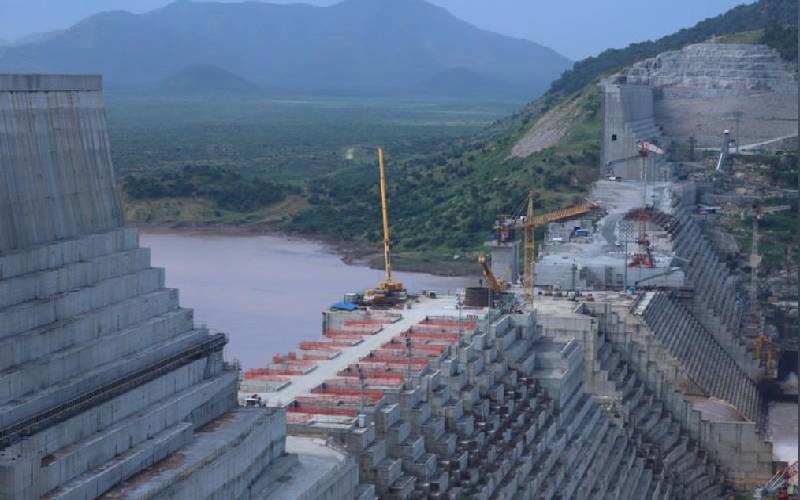×
The Standard e-Paper
Kenya’s Boldest Voice

Egypt said on Saturday that talks with Sudan and Ethiopia over the operation of a $4 billion hydropower dam that Ethiopia is constructing on the Nile have reached a deadlock, and it called for international mediation.
The Grand Ethiopian Renaissance Dam (GERD), announced in 2011, is designed to be the centerpiece of the Horn of Africa country’s bid to become the continent’s biggest power exporter, generating more than 6,000 megawatts.